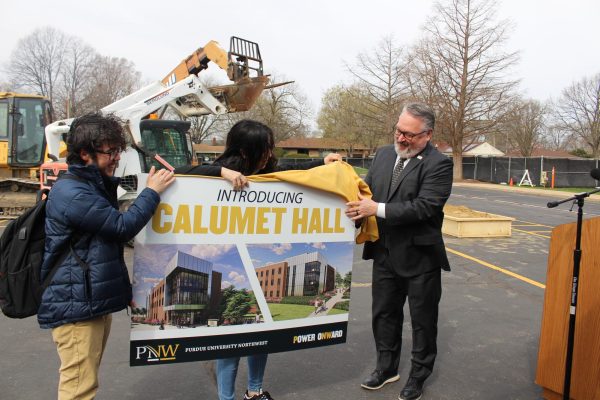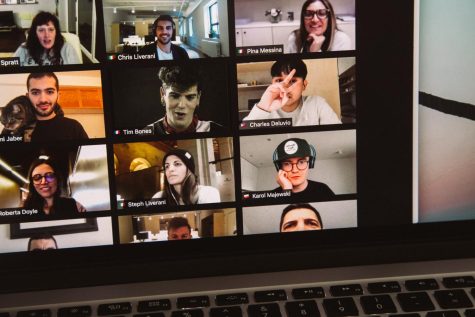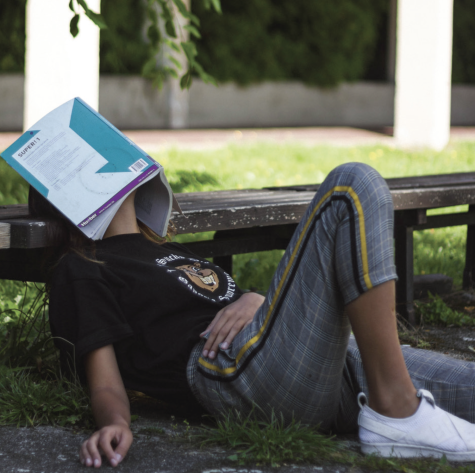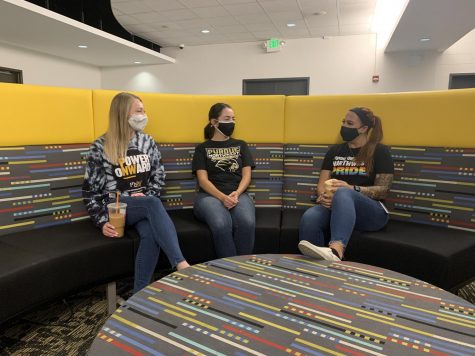Microbiology prof questions need for booster shots as federal health agencies weigh more approvals
Though federal regulators approved the COVID-19 booster vaccine, one PNW professor says we may not need it.
Lindsay Gielda, who specializes in microbiology and immunology, said the body’s immune system has a long memory for viruses and likely does not need booster doses.
“The media, Pfizer, the FDA and everybody is saying that we need this vaccine to have these antibodies to protect us,” said Gielda. “But the truth is … we shouldn’t be looking at antibody titers as the end-all be-all.”
Gielda, who has a doctorate in Microbiology, Immunology and Virology, said that the antibodies delivered from the vaccines help the T-cells create immunity, but are not solely responsible for it.
As recently as May, the FDA cautioned against using antibody tests to determine immunity to COVID-19, a position in line with Gielda’s.
However, the Food and Drug Administration and Centers for Disease Control and Prevention based their recommendations and approvals of boosters on antibody tests.
Antibody testing was the basis of Pfizer’s research to show the need for a booster shot. Pfizer argued that lowered antibody levels in the 100 healthy, vaccinated participants it tested suggested their immunity was waning.
“What the data is showing so far is that even without the third [COVID-19] shot, most people have enough robust memory cells that will be protective for years,” said Gielda. “The [COVID] antibodies from our memory cells should be good enough for 2 to 3 years.”
She said the media played a large part in this from the beginning of the pandemic and that we could have had a different outcome.
“The media created fear,” said Gielda. “It’s really unfortunate because this was a missed opportunity to educate people on the viruses and the importance of vaccines. This made less and less people believe in the science of it all.”
She also said the press for boosters may have also been motivated by a desire for profit. In its latest Securities and Exchange Commission filing, Pfizer reported that it sold $7.8 billion in COVID shots during the second quarter alone.
“There are definitely a lot of people making money,” Gielda said. “Pfizer wanted to sell more doses.”
Although she says natural infection is the best way for a body to build immunity, Gielda is pro-vaccine and wants others to know a few important facts about the COVID-19 vaccine.
“If you have side effects or feel sick from the shot, that’s good. It’s a good immune response,” she said. “And this shot isn’t protective against transmission, but it will protect you against a severe response to the disease.”








